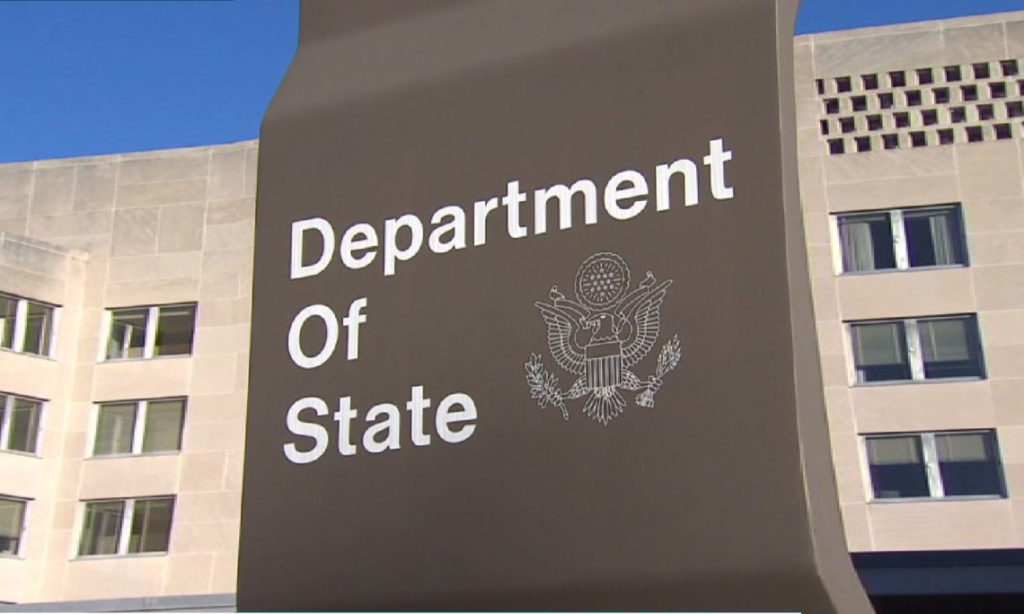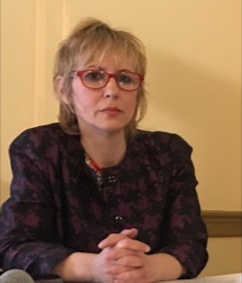
by Rafaela Prifti-

The newly released report by the Department of State on the Investment Climate in Albania cites corruption, “particularly in the judiciary, a lack of transparency in public procurement, and poor enforcement of contracts as continuing problems in Albania.” With regard to foreign investment laws, “US investors receive national treatment and most-favored-nation treatment” pursuant to the 1998 U.S.-Albanian Bilateral Investment Treaty. Yet, the review asserts that U.S. investors are challenged by corruption and the perpetuation of informal business practices. “Several U.S. investors have faced contentious commercial disputes with both public and private entities, including some that went to international arbitration,” according to the document. Without providing the name of the business, the statement indicates that in 2019 and 2020, a U.S. company’s attempted investment was allegedly thwarted by several judicial decisions and questionable actions of stakeholders involved in a dispute over the investment. Such practices have negatively impacted US investments because, based on the Bank of Albania data, “Switzerland, The Netherlands, Canada, Turkey, Austria, and Greece are the largest sources of Foreign Direct Investment”, while “investments are concentrated in the energy sector, extractive industries, banking and insurance, telecommunications, and real estate”. As the start of the EU accession negotiations loom large, the Department of State considers that “Albania must implement a number of reforms in the justice sector, adopt changes to its electoral code, advance efforts to support minority rights, reduce unfounded asylum claims in EU member states, and show tangible progress in its fight against organized crime and corruption.” While pointing out at some positive legislative steps to promote domestic and foreign investment such as Strategic Investment Law in 2015 and Technical Economic Development Areas -which is yet to begin-, the review indicates that “reports of corruption in government procurement are commonplace. The increasing use of public private partnership (3P) contracts has reduced opportunities for competition, including by foreign investors, in infrastructure and other sectors. Poor cost-benefit analyses and a lack of technical expertise in drafting and monitoring 3P contracts are ongoing concerns. U.S. investors are challenged by corruption and the perpetuation of informal business practices.” Backing the perception of Albania by the foreign investors, the country dropped seven places from 2018 in the International Corruption Index, and 19 spots in the World Bank’s 2020 Doing Business Survey.
According to the latest data: “Transparency International’s 2019 Corruption Perceptions Index ranked Albania 16th of 180 countries, a drop of seven places from 2018. Consequently, Albania and North Macedonia are now perceived as the most corrupt countries in the Western Balkans. Albania also fell 19 spots in the World Bank’s 2020 Doing Business survey, ranking 82nd from 63rd in 2019. Although this change can be partially attributed to the implementation of a new methodology, the country continues to score poorly in the areas of granting construction permits, paying taxes, enforcing contracts, registering property, obtaining electricity, and protecting minority investors.”
The DOS recognizes the efforts by the Government of Albania to improve the rule of law and to reform the country’s judicial system as evidenced in the passing of constitutional amendments. It notes that these steps are underway and are expected to boost the investment chances going forward. “The implementation of judicial reform is ongoing, and its completion is expected to improve the investment climate in the country.”
The annual report, which include topics, like: Openness to Investment, Legal and Regulatory Systems, Property Rights, Transparency, Performance Requirements, State-Owned Enterprises, Responsible Business Conduct and Corruption, is prepared by economic officers at US embassies and missions in order to help US companies make informed business decisions.
| Direct Investment from/in Counterpart Economy Data (2018) | |||||
| From Top Five Sources/To Top Five Destinations (US Dollars, Millions) | |||||
| Inward Direct Investment | Outward Direct Investment | ||||
| Total Inward | 7,833 | 100% | Total Outward | 563 | 100% |
| Switzerland | 1,505 | 19% | Kosovo | 335 | 59.5% |
| Canada | 1,139 | 14.5% | Italy | 165 | 29.3% |
| The Netherlands | 1,105 | 14% | United States | 21 | 3.7% |
| Greece | 903 | 11.5% | North Macedonia | 13 | 2.3% |
| Italy | 617 | 7.9% | Greece | 8 | 1.4% |
| “0” reflects amounts rounded to +/- USD 500,000. |
| Portfolio Investment Assets | ||||||||
| Top Five Partners (Millions, current US Dollars) December 2018 | ||||||||
| Total | Equity Securities | Total Debt Securities | ||||||
| All Countries | 846 | 100% | All Countries | 36 | 100% | All Countries | 810 | 100% |
| Turkey | 187 | 22% | Turkey | 17 | 47% | Turkey | 170 | 21% |
| Germany | 117 | 13.8% | Canada | 8 | 22% | Germany | 117 | 14% |
| Czech | 99 | 11.7% | The Netherlands | 8 | 22% | Czech | 99 | 12% |
| France | 72 | 8.5% | The Bahamas | 2 | 5.5% | France | 72 | 8.9X% |
| Italy | 47 | 5.5% | Country #5 | Italy | 47 | 5.8% | ||